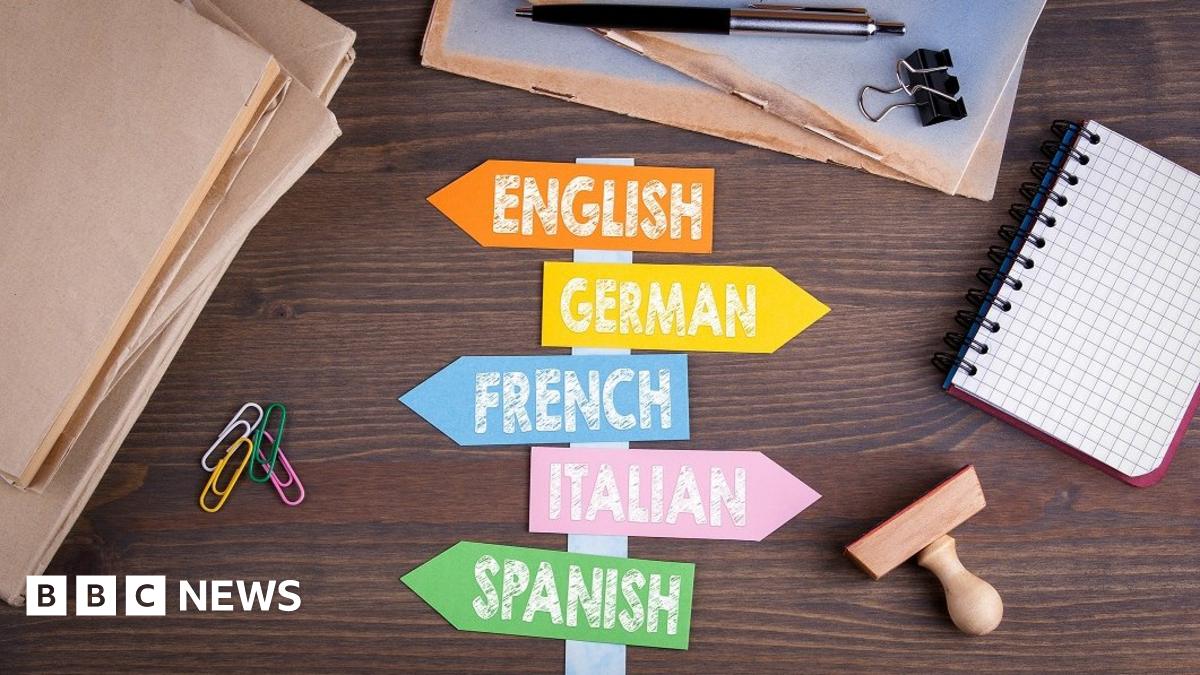Alan,
Yes, we have neighbours who either gabble away in fast Greek (Cretan dialect) or will slowly work with us to help us understand what they are saying, even though they may speak nothing other than Greek themselves. I suppose it depends upon how much patience they have.
We used to have a cashier in the local IKA (Greek equivalent of national Insurance) office, who despite having a very good understanding English, insisted that we speak Greek. "That's OK mate, I've got all the time in the world, have you?" with a long queue of agitated people behind me. He soon agreed to communicate in English, otherwise I think they would have leapt over the counter and throttled him.

I've generally found the Greeks to be a very friendly people and we have many Greek friends, who thankfully speak English and are keen to improve their knowledge of our language, and who nevertheless are appreciative of our attempts to speak theirs.
Pedro,
I used to know a little basic Spanish, but Portuguese is a definite no-no. My French is just about passable, but vocabulary very limited. I even once learned a bit of Norwegian from an ex-girlfriend, but although we are friendly with a group of Norwegians that stay in our village four or five times a year, I feel that it is lost forever, and, like most Scandinavians, their English is very good indeed.
Maurice


